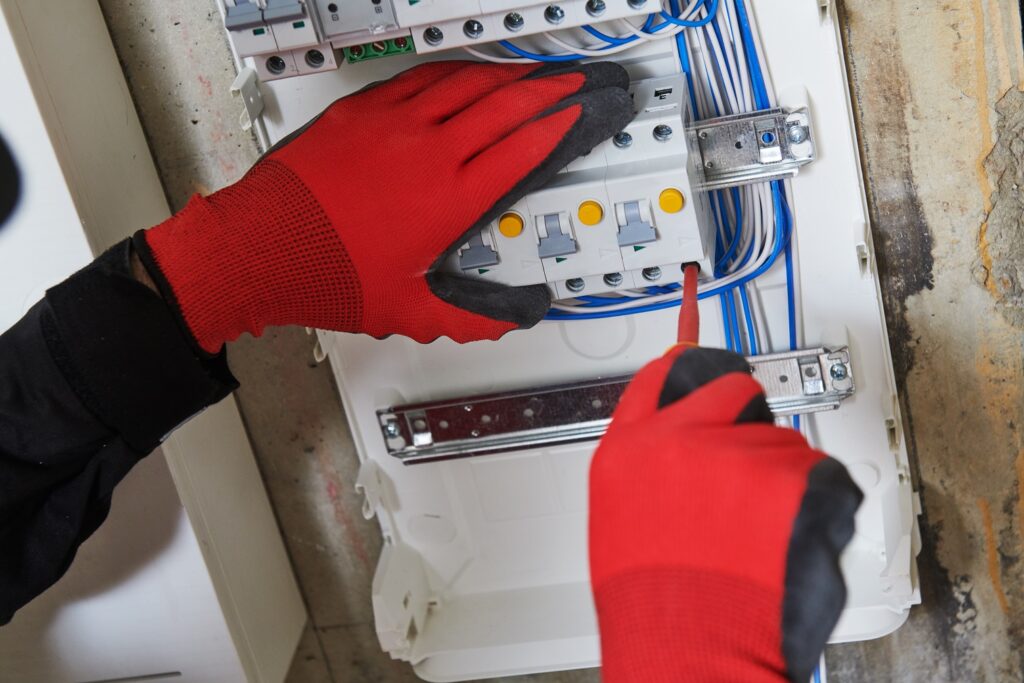
Here’s what you need to know about marine electrical wires.
It is exciting to get your boat ready for the season. Knowing that the electrical connections on your boat are safe and secure gives you peace of mind and minimizes problems while on the water. It is a good idea to check your boat’s wiring and electrical connections before setting sail. Marine electrical wires are exposed to hostile conditions such as salt, water, harsh sunlight, wind, and oil. It is essential to have safe and reliable electrical connections, and checking the condition of your boat’s electrical wires before you hit the water is crucial. Here’s what you need to know about marine electrical wires.
What are Marine Electrical Wires?
Marine electrical wire, also known as marine grade electrical wire or marine cable, is a highly flexible cable with a high strand count of individually tinned copper conductors. This makes it extra flexible and allows it to make the bends and curves necessary to wind through the recesses of your boat’s interior, making tight connections easier.
The conductors are individually tinned to protect them from the ravages of corrosion, which are bad enough in freshwater environments and extreme in saltwater environments.
Only Use Marine Grade Wires on Your Boat
If you’re installing a battery or replacing the battery cables in your boat, do not use automotive-grade cable instead of marine electrical wire. One reason is that it may not be flexible enough in the appropriate gauge to make the connections. But more importantly, automotive-grade conductors are not treated against corrosion with the same level of thoroughness as marine cables.
Any spots of exposed copper wire will quickly corrode, and that corrosion will spread underneath the insulation along the wire. If the cables corrode sufficiently, it can result in issues starting your engine or leave you dead in the water. You should never use automotive cables on a boat – only use marine-grade wire and cable.
Use the Correct Wire Size
It’s impossible to use wiring that is too big for a circuit, but it is very easy to use wire that is too small, which can be extremely dangerous. Using a too small gauge for a circuit will lead to overheating, melting the insulation and causing fires. Also, remember that as the length of the wire increases, the larger the wire gauge must be to complete a circuit.
However, for specific information, consult manufacturer guidelines or consult an electrical engineer for help wiring your vessel.
Preventing Electrical Fires
One of the most important ways to help prevent marine electrical fires is to use only marine grade wires. Ensuring they are properly installed and not subject to excessive abrasion will also help prevent fire risk.
Wherever wire and cable enter or exit some structure, they should be protected with conduit, protective sheathing, or some other buffer. Heat shrink tubing or electrical tape insulation to cover exposed wire wherever connections are formed can also be beneficial.
Marine Electric Systems, LLC is a Leader In the Maritime Industry
We here at Marine Electric Systems have over 30 years of industry experience. You can trust our team for reliable service and expert craftsmanship in the Maryland, Baltimore, Annapolis, and Baltimore city areas! We’re highly certified and adhere to all ABYC and NMEA regulations. We specialize in top-notch electrical solutions for recreational, commercial, and government boating clients. Anything from electrical refits, to navigation systems, or boating maintenance. To stay up to date on our services, follow us on Facebook, LinkedIn, Pinterest, Instagram, and YouTube. You can also contact us at 410-263-0807
